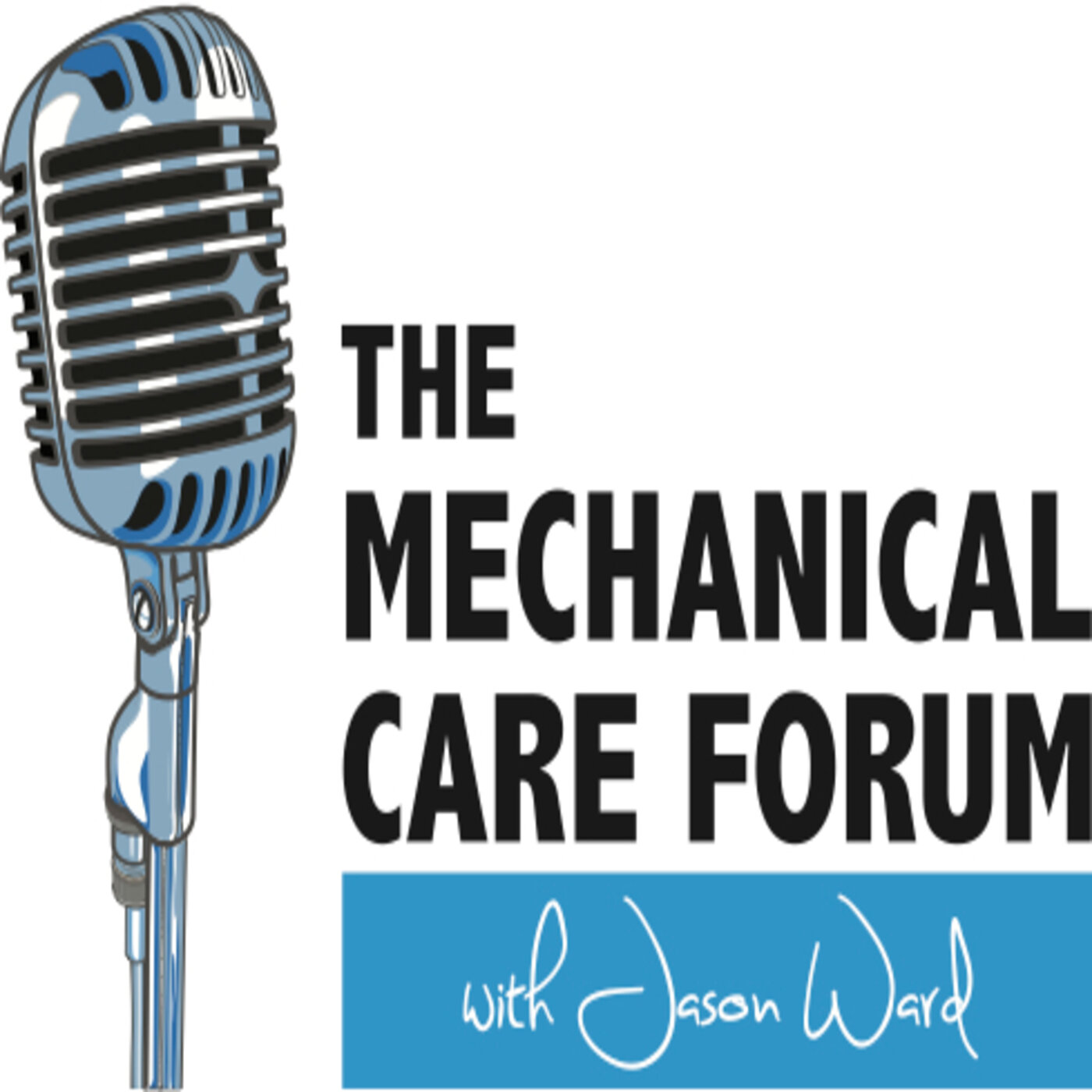Professor Karim Khan, MD, PhD, FACSP
Professor Karim Khan, MD, PhD, FACSP, is probably best-known to physiotherapists for his contribution to the management of tendon problems. He has partnered with physiotherapists in multidisciplinary clinical practices, in serving elite sportspeople as well as in research collaborations. As well as his > 250 peer-reviewed publications, Karim is a coauthor of a ‘gold-standard’ textbook for physiotherapists – Clinical Sports Medicine currently in its 4 edition. The book’s 14 physiotherapist coauthors celebrate the many evidence-based therapies that the profession has contributed. Karim is the Director of Research & Education at the Aspetar Orthopaedic & Sports Medicine Hospital in Doha, Qatar and the editor of the British Journal of Sports Medicine. You can get updates from him via Twitter @BJSM_BMJ.
Show Notes
Personal Background
In jest, Dr. Khan describes himself as a failed physiotherapist and instead resorted to becoming a sports medicine physician. Dr. Kahn enjoys social times with his teammates and colleagues in addition to working with them. In his leisure time he enjoys watching movies with his wife. In his upbringing he was involved in cricket and Australian rules football and now enjoys hiking and bush walking. Dr. Kahn committed to one hour of physical activity for a full year in recent years and describes what he learned from that experience.
Professional Background
Karim reflects on mentors on his fellowships and during his training both in medicine and in physiotherapy, specifically Jill Cook amongst others. He also shares his intentional efforts to volunteer with other experts and purposefully to offer what he could to add value. Finally he suggests to be strategic with what and where you offer your time.
More recently he has been at the University of British Columbia at the Center for Hip Health and Mobility in Vancouver, Canada serving as a professor. In the most recent years he’s been in Doha, Qatar at Aspetar Orthopaedic & Sports Medicine Hospital. He’s emphasizing his time with a large team including sports medicine physicians and surgeons, physios, and massage therapists and he is serving as the head of research and education, mentoring others in research.
Key Features of Tendinopathy
The accepted paradigm of tendinitis has shifted since 1999 where it was viewed as an inflammatory disorder. Through some histology studies that was found inaccurate and Dr. Kahn now understands that there is an absence of inflammatory cells in many cases.
A review of histopathology of tendinosis by Dr. Khan is availablehere.
Another important paper by Cook and Purdam on the clinical presentation of tendinopathy can be found here.
Dr. Khan explains factors that would suggest at which stage or location a tendon symptom might be originating and to consider inflammatory conditions that can also be displayed similar to a tendinopathy. He reminds that not all tendon region pains are tendinosis.
To contribute:
Give a 5-star review on iTunes;
Share EP #46 with a friend; and/or
Connect with us on the Spotify MCF Podcast and MCF Instagram page!
Thanks for your support!

